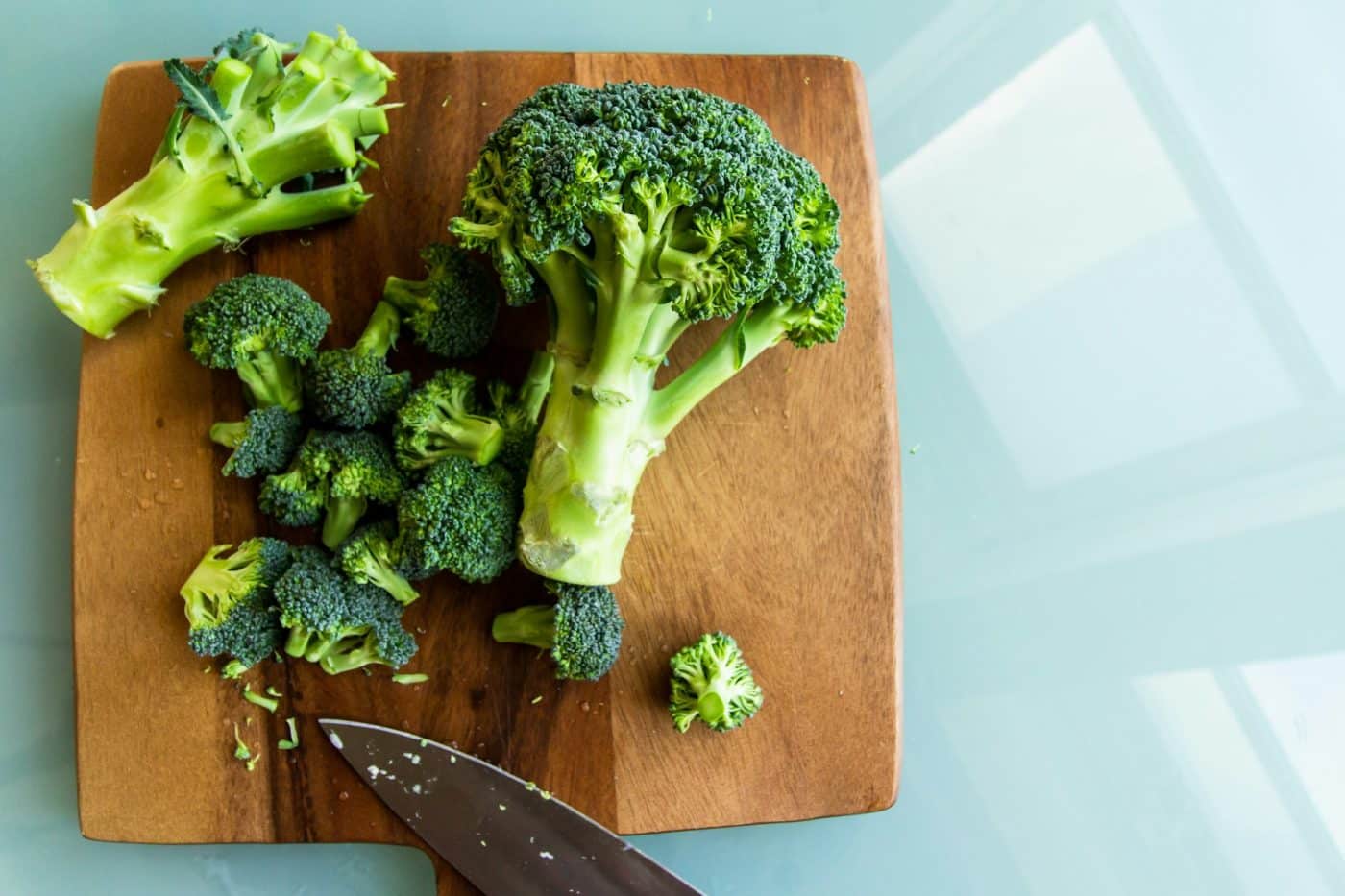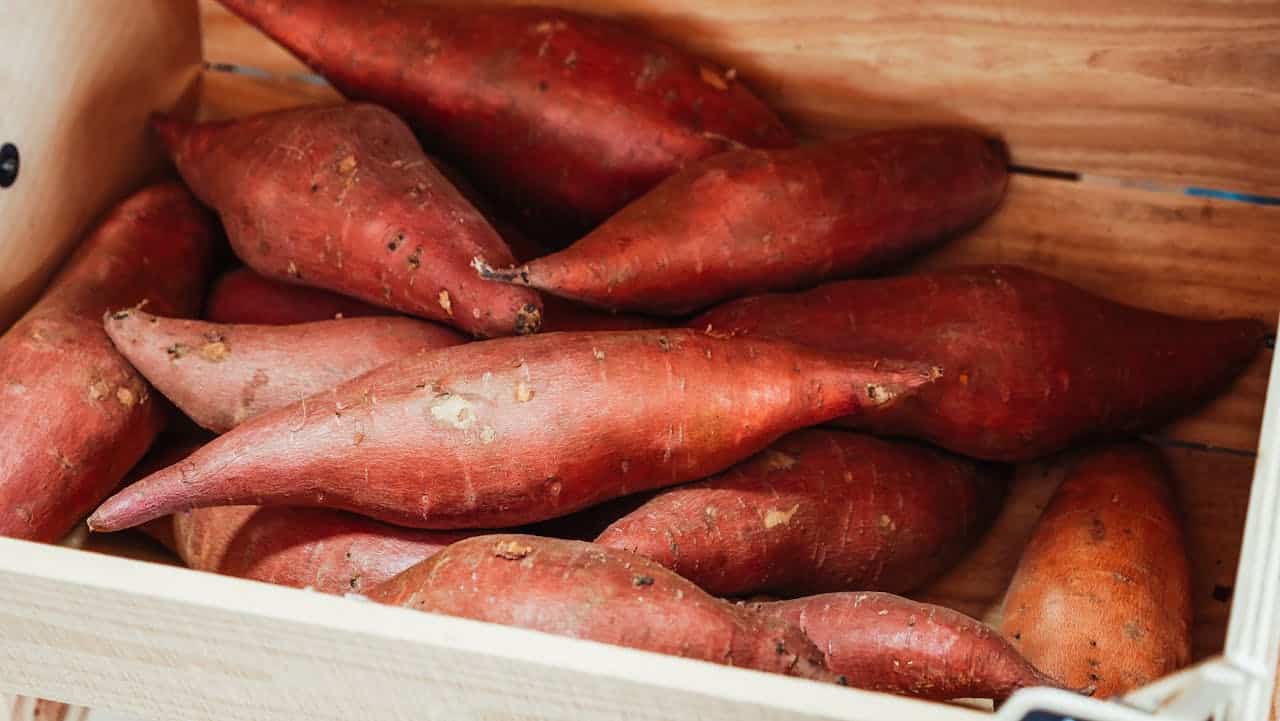
Check out our latest products
MidJourney
Adding fresh vegetables to your dog’s meals is one of the easiest and most impactful ways to support their long-term health. Packed with antioxidants, fiber, vitamins, and minerals, certain veggies can aid digestion, reduce inflammation, and support organ function. The key is choosing vegetables that are both safe and beneficial for dogs. Here are seven canine-approved veggies that can help your dog live a longer, healthier life.
Carrots
 Pexels
Pexels
Carrots are a favorite among dogs for good reason. They’re crunchy, low in calories, and full of beta-carotene, which supports eye health, immune function, and healthy skin. Carrots are also high in fiber, which can aid digestion and help maintain a healthy weight. Whether you serve them raw as a treat or lightly steamed for easier digestion, carrots are a longevity booster in every bite. You can also find them in certain high-quality dog food toppers like the Beef Topper with Carrots and Blueberries (on Amazon), which combines the benefits of carrots with antioxidant-rich blueberries.
Green Beans
 Unsplash
Unsplash
Green beans are an excellent snack option for dogs who need to lose or maintain weight. They’re packed with fiber and essential vitamins like A, C, and K, while being low in calories and fat. Offering steamed or chopped green beans can help dogs feel full without overloading them with calories. Plus, the natural fiber helps support regular digestion, which is crucial for long-term health.
Broccoli
 Unsplash
Unsplash
Broccoli is rich in vitamins C and K, along with antioxidants that help fight inflammation and support healthy cells. It also contains fiber and is a great source of folate. While it’s best served steamed or finely chopped, moderation is key—too much broccoli can cause gas or stomach discomfort. When used correctly, broccoli can be a great addition to a canine longevity diet.
Spinach
 Pixabay
Pixabay
Spinach is one of the most nutrient-dense leafy greens and offers a healthy dose of iron, calcium, and magnesium. It also contains antioxidants like lutein and zeaxanthin that support eye health. The nitrates found in spinach help improve blood flow and heart health. It’s best to serve spinach cooked (without oil or seasoning) to make the nutrients more digestible and to avoid any oxalate-related issues in large quantities.
Sweet Potatoes
 Pexels
Pexels
Sweet potatoes are rich in beta-carotene, fiber, and vitamin A—all of which are beneficial for a dog’s immune system and digestive tract. Their natural sweetness also makes them an appealing treat for dogs. Baked or steamed sweet potato cubes are a great addition to meals or can be served as a chewy snack to support gut health and energy levels.
Peas
 Pixabay
Pixabay
Peas may be small, but they pack a serious punch. They’re rich in B vitamins, iron, potassium, and protein. Peas support healthy blood sugar levels and provide energy through plant-based nutrients. You can serve them thawed from frozen or cooked—just be sure to avoid canned peas that contain added sodium.
Zucchini
 Pixabay
Pixabay
Zucchini is a hydrating, low-calorie veggie that’s high in vitamin C, potassium, and antioxidants. It’s easy to digest and can be served cooked or raw. Zucchini supports healthy skin and a strong immune system while also helping to keep your pup feeling full between meals. It’s an ideal addition for dogs needing a lighter diet with extra nutrients.
A Long, Healthy Life Starts with the Right Veggies
 MidJourney
MidJourney
Adding a few of these vegetables to your dog’s daily meals can go a long way toward supporting their vitality, mobility, and overall well-being. Whether mixed into meals or served as snacks, these dog-safe veggies are simple, natural tools to help your pup live a longer, healthier life. Disclosure: As an Amazon Associate, iHeartDogs earns from qualifying purchases.







![[5G & 2.4G] 2K Indoor Security Camera for Home Security, AI Voice Change for 2-Way Talk, Motion Detection, Night Vision, 24/7 SD Recording/Cloud Storage, WiFi Home Camera, Pet Cam with Phone App](https://i3.wp.com/m.media-amazon.com/images/I/61I2U+sTT3L._AC_SL1500_.jpg?w=300&resize=300,300&ssl=1)






